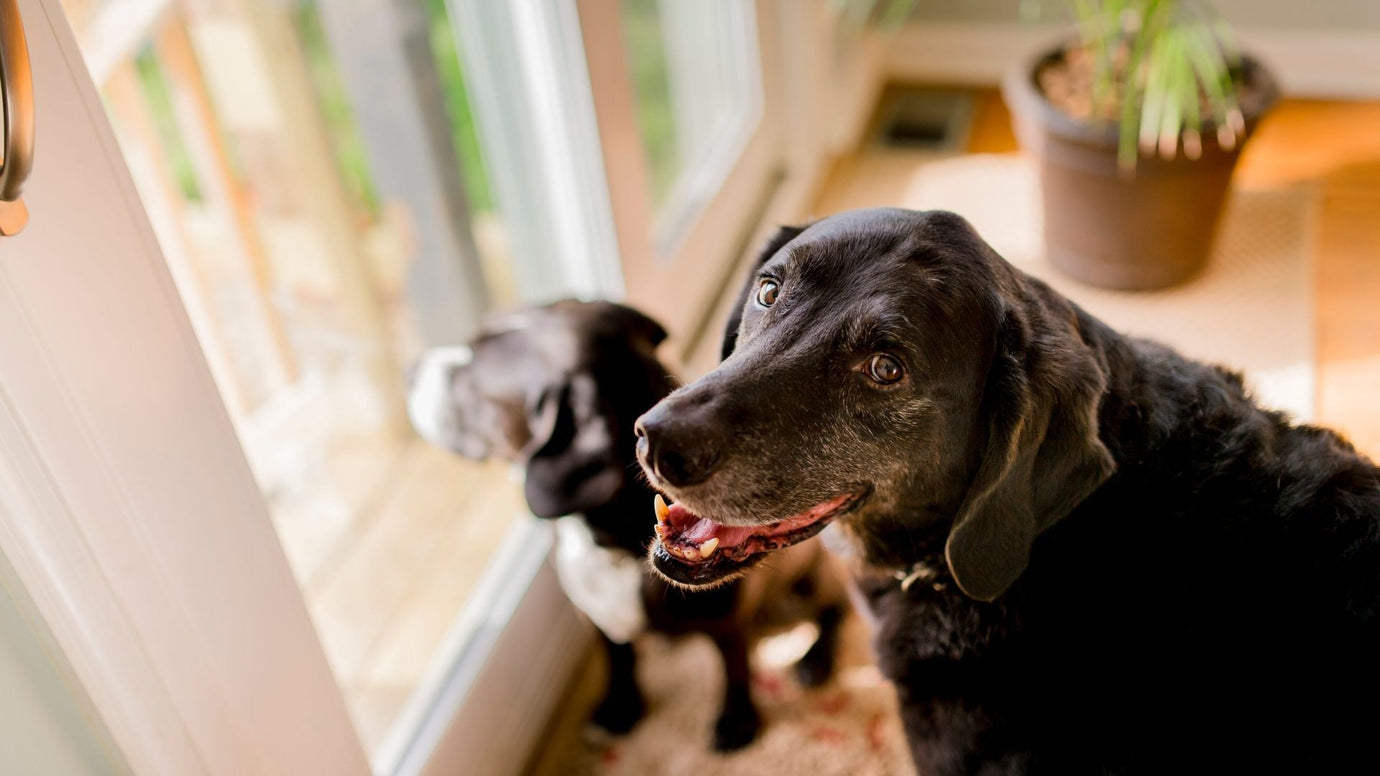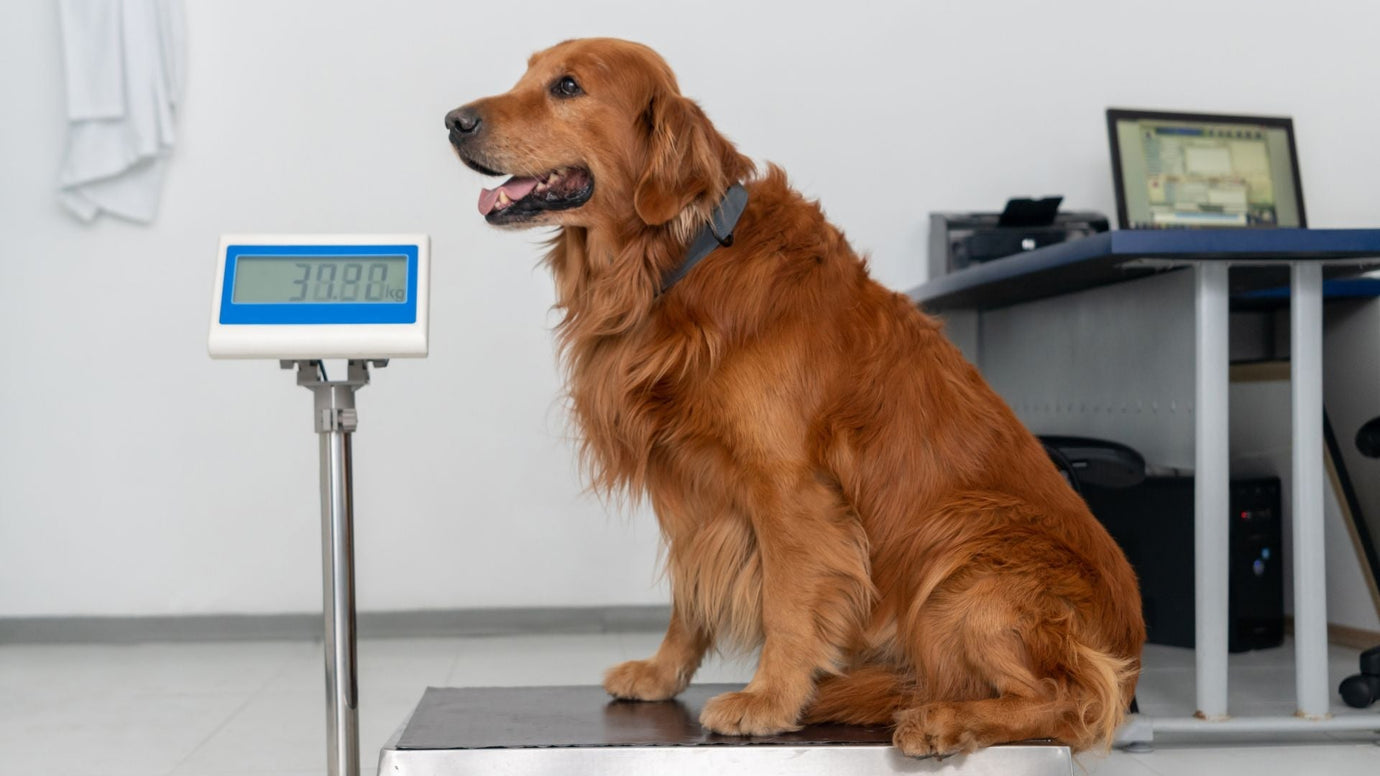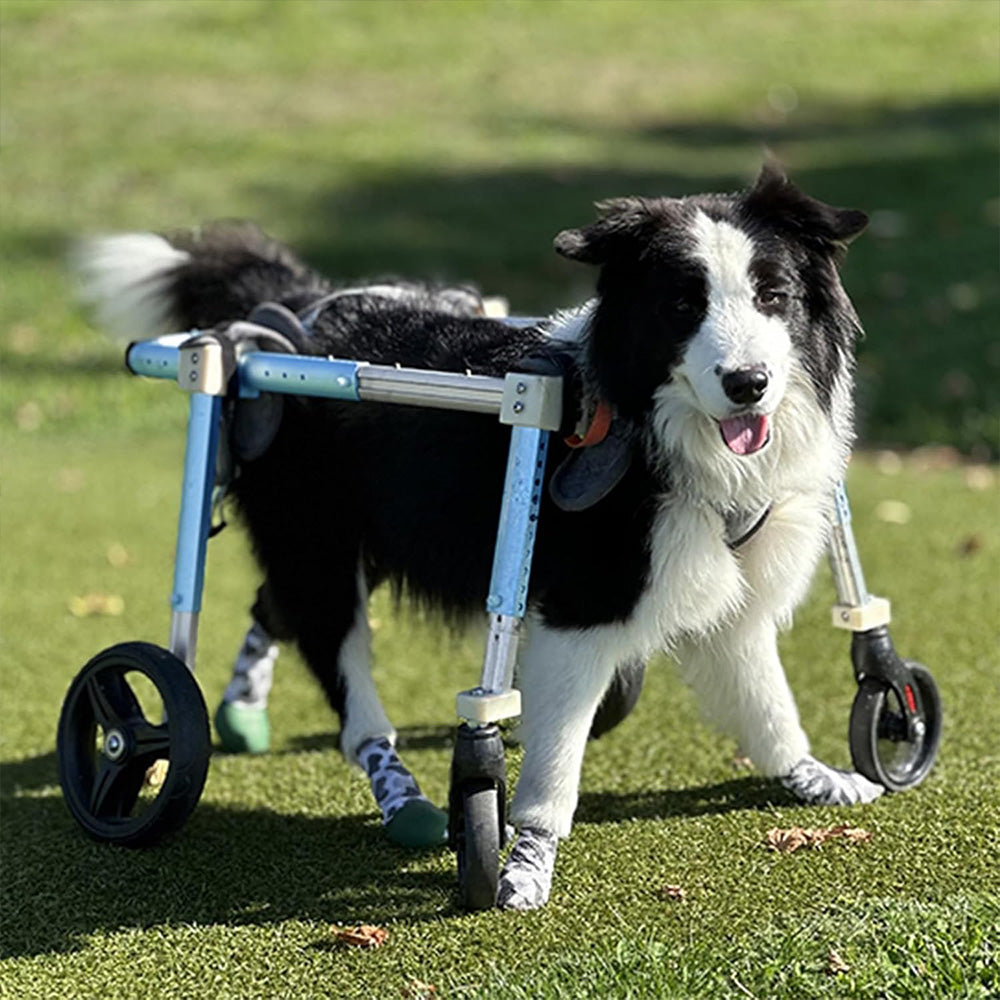The Benefits of Adopting a Senior Dog: Why Older Pups Need Love Too
While puppies often steal the spotlight, there's a profound joy and unique set of rewards that come with opening your heart and home to a senior dog. These older pups, often overlooked in shelters, possess a quiet wisdom and an abundance of love to give. Adopting a senior dog is not just an act of compassion; it's a decision that brings numerous advantages to both the dog and their new family. This article explores the compelling benefits of adopting an older dog and why these seasoned companions truly deserve a loving home.
Why Senior Dogs Are Often Overlooked
Unfortunately, senior dog adoption rates are lower than those for younger dogs. Many potential adopters are concerned about potential health issues, shorter lifespans, or the perceived difficulty of integrating an older dog into their lives. However, these concerns often overshadow the many positive attributes that make older dog adoption a truly rewarding experience.
The Unique Advantages of Adopting a Senior Dog
Choosing to adopt an older dog comes with a host of benefits that can make the transition smoother and the companionship richer.
1. What You See Is What You Get: Known Personalities
One of the most significant advantages of senior dog rescue is that their personalities are already fully developed. Unlike puppies, whose temperaments can be unpredictable, an older dog's character, energy level, and social skills are usually well-established. Shelters and foster homes can provide detailed insights into their likes, dislikes, and compatibility with children, other pets, or specific lifestyles [1]. This allows you to choose a dog that is a perfect match for your household, reducing surprises and potential behavioral challenges.
2. Already Trained and Housebroken
Many older dogs come with a lifetime of training. The vast majority are already housebroken, saving new owners from the intensive potty-training phase that comes with puppies. They often understand basic commands like sit, stay, and come, and may even be leash-trained. This makes integration into a new home much smoother and less demanding on the owner's time and energy [2].
3. Calmer Demeanor and Lower Energy Needs
Senior dogs typically have a calmer, more mellow demeanor compared to their younger counterparts. While they still enjoy walks and playtime, their exercise requirements are generally lower, making them ideal companions for individuals or families with a less active lifestyle, or those seeking a more relaxed companion. This reduced energy often translates to less destructive behavior and a more peaceful home environment [3].
4. Deep Connections and Gratitude
Many adopters report that senior dogs seem to understand they've been given a second chance. They often form incredibly deep and loyal bonds with their new families, displaying immense gratitude and affection. The emotional reward of providing a loving home to a dog in their golden years is immeasurable.
5. Instant Companionship
Unlike puppies who require extensive training and socialization, an older dog can offer immediate companionship. They are ready to cuddle on the couch, go for gentle walks, and simply enjoy your presence from day one. This instant bond can be particularly appealing to individuals seeking a ready-made companion.
6. You're Saving a Life
Perhaps the most compelling reason to adopt a senior dog is the profound impact you have on their life. Senior dogs are among the most vulnerable populations in shelters, often facing higher euthanasia rates due to their age. By choosing to rescue an older dog, you are not only giving them a loving home for their remaining years but also freeing up space in shelters for other animals in need. It's a truly selfless act that makes a tangible difference.
7. Fewer Surprises
With a senior dog, you generally know their full-grown size, coat type, and general health history (if available from previous owners or shelter assessments). This eliminates many of the unknowns associated with adopting a puppy or young adult dog, allowing for better planning and preparation.
Addressing Common Concerns
While the benefits of adopting an older dog are clear, it's natural to have concerns. It's true that senior dogs may have existing health conditions or a shorter lifespan. However, many shelters provide comprehensive veterinary care, including vaccinations and necessary treatments, before adoption. Furthermore, the joy and companionship gained, even for a few years, often far outweigh these considerations. The focus shifts from longevity to quality of life, making every moment count.
Conclusion
Adopting a senior dog is a compassionate and incredibly rewarding decision. These wonderful animals offer a unique blend of established personalities, gentle companionship, and profound gratitude. By choosing to open your home to an older pup, you're not only gaining a loyal friend but also performing a vital act of rescue. Consider giving a senior dog their much-deserved happy ending – you might just find they give you more than you could ever imagine.
Frequently Asked Questions (FAQs)
Q1: What are the main advantages of adopting a senior dog over a puppy?
A1: Senior dogs often come house-trained, have established personalities, require less intensive training, and generally have lower energy levels. They offer immediate companionship and can be a calmer presence in the home compared to a high-energy puppy.
Q2: Are senior dogs harder to train?
A2: No, in many cases, senior dogs are easier to train because they have a longer attention span and are often eager to please. They may already know basic commands, and even if they don't, they are capable of learning new things. The adage "you can't teach an old dog new tricks" is largely a myth.
Q3: What are the typical health concerns for adopted senior dogs?
A3: Common health concerns include arthritis, dental disease, vision or hearing loss, and conditions like kidney disease or cognitive dysfunction. However, many of these can be managed with proper veterinary care, diet, and medication. Most shelters provide a health assessment before adoption.
Q4: How long do adopted senior dogs typically live?
A4: The lifespan of an adopted senior dog varies greatly depending on their breed, size, and overall health. While they may have fewer years than a puppy, the quality of those years can be incredibly rich and fulfilling for both the dog and the adopter. Many senior dogs still have several wonderful years left to give.
Q5: Will a senior dog bond with a new family?
A5: Absolutely! Senior dogs are often incredibly resilient and capable of forming deep, loving bonds with their new families. They often show immense gratitude for being given a second chance at a loving home, and their loyalty can be truly heartwarming.
Q6: Where can I find senior dogs for adoption?
A6: You can find senior dogs at local animal shelters, humane societies, and breed-specific rescues. Many organizations also specialize in senior dog rescue, such as The Grey Muzzle Organization, which often lists adoptable senior dogs.
Q7: Do senior dogs require more veterinary care?
A7: Senior dogs generally benefit from more frequent veterinary check-ups (e.g., twice a year) to monitor for age-related health issues. While this might mean more vet visits, early detection and management can significantly improve their quality of life and potentially extend their healthy years.
Q8: Can senior dogs live with children or other pets?
A8: Many senior dogs can thrive in homes with children and other pets, especially if they have a history of living with them. Shelters and rescue organizations typically assess a dog's compatibility with children and other animals, providing valuable information to help you make an informed decision.
Q9: What kind of exercise do senior dogs need?
A9: Senior dogs still need regular exercise, but it should be appropriate for their age and physical condition. Gentle, shorter walks, swimming, or light playtime are often ideal. The goal is to maintain mobility and muscle tone without over-exertion or pain.
Q10: What should I prepare for when adopting a senior dog?
A10: Prepare for a period of adjustment, provide a comfortable and safe home environment (orthopedic bed, non-slip surfaces), ensure a high-quality senior diet, and be ready for regular veterinary check-ups. Most importantly, be prepared to offer patience, love, and understanding.
References
[1] Chewy. (2025, August 18). 6 Reasons You Should Adopt a Senior Dog.
[2] Animal Foundation. (n.d.). 10 Reasons to Adopt a Senior Pet.
[3] 24PetWatch. (n.d.). The Benefits of Adopting a Senior Dog.








